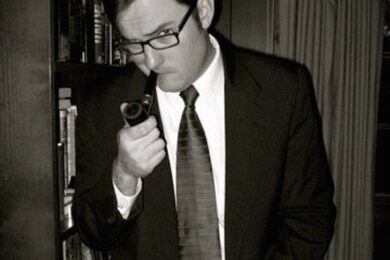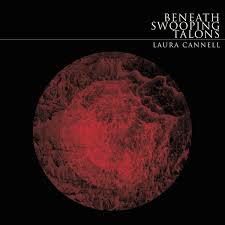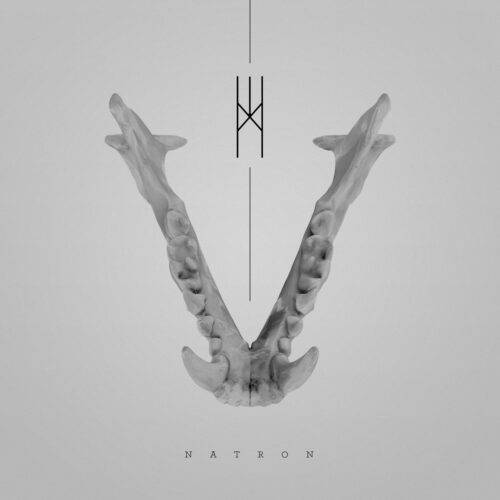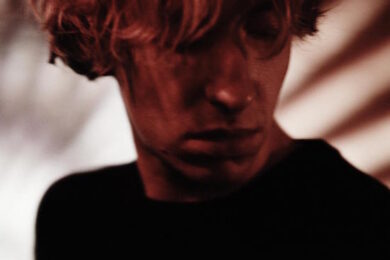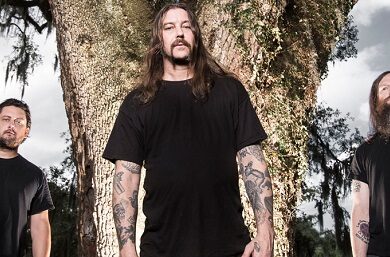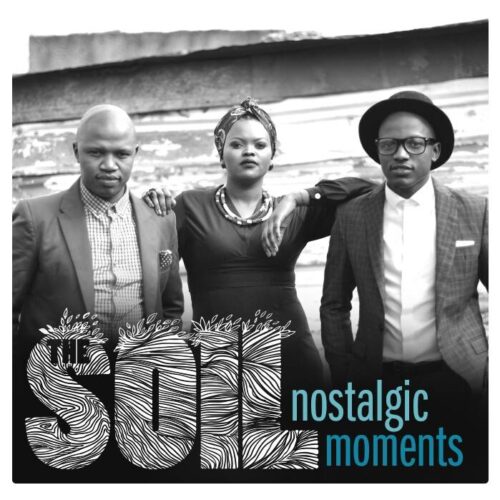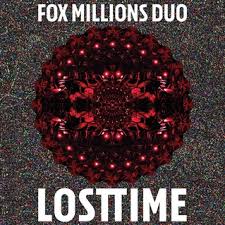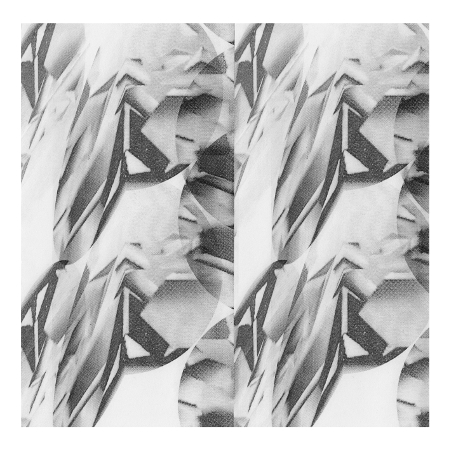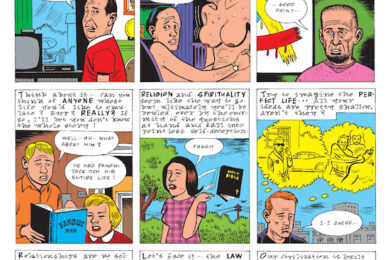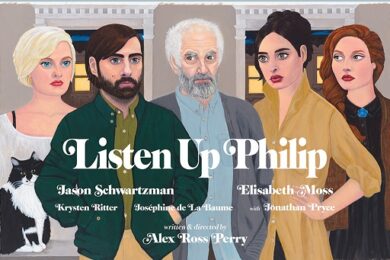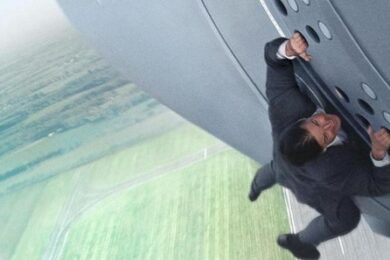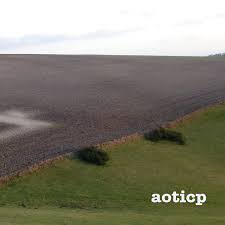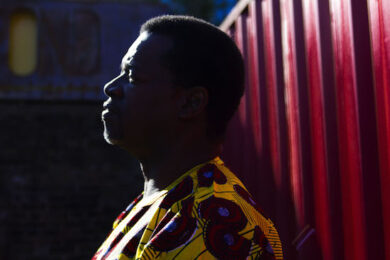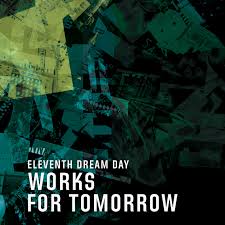


All Latest
Catch up on our latest writing.
Ecstatic Abandon: Dekmantel Festival Reviewed
Since its beginnings in 2013, Dekmantel has gone on to be hailed as one of the best house and techno festivals in the world, drawing in discerning ravers from all over to its forest location just outside Amsterdam. With the festival in its third year, Christian Eede throws himself into the madness in full force

Into A Time Slip: The Rocky Horror Picture Show Turns 45
As The Rocky Horror Picture Show reaches its 45th birthday, Simon Price looks at the cultural history of the film, the stage show and the cult that's grown up around it, and asks the crucial question: strip all that baggage away, and is it any good?
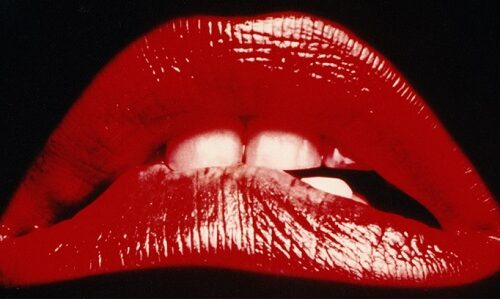
Verfreundungseffekt: On Translating Gregor Hens’ Nicotine
Part-way through completing a translation of Gregor Hens’ Nicotine, our resident translation columnist Jen Calleja finds herself asking questions about authenticity and exactitude and whether or not translation is creation. (Illustration by Richard Phœnix)
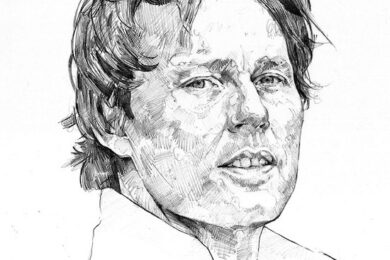
On Ghostwriting: Drake, Meek Mill & T.S. Eliot Back To Back
By accusing Drake of not writing his own verses Meek Mill put hip-hop on a pedestal in terms of its artistic purity. But — true or not — does it matter? At least one other great work of literary art wasn't put together singlehandedly...
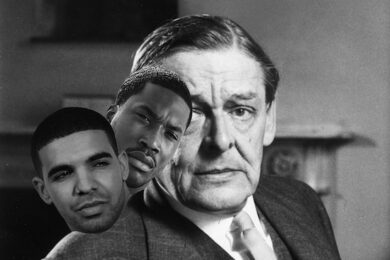
Always Organic: Cory Rayborn On 15 Years Of Three Lobed Recordings
By day, Cory Rayborn's a business and environmental lawyer, by night (often five nights in a row, packaging records by hand) he's putting out limited-run releases by the likes of Bardo Pond, Steve Gunn and Sun City Girls. As his label Three Lobed marks 15 years of operations, he talks to JR Moores
